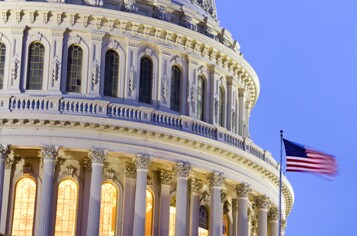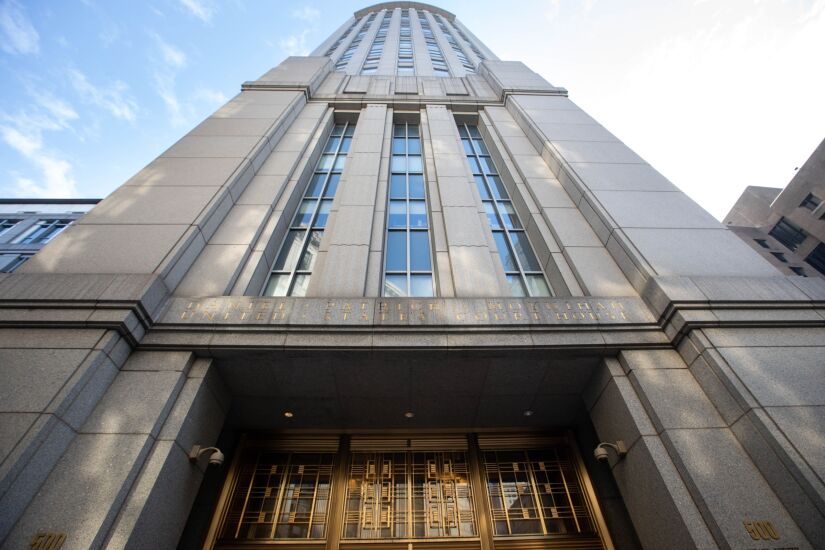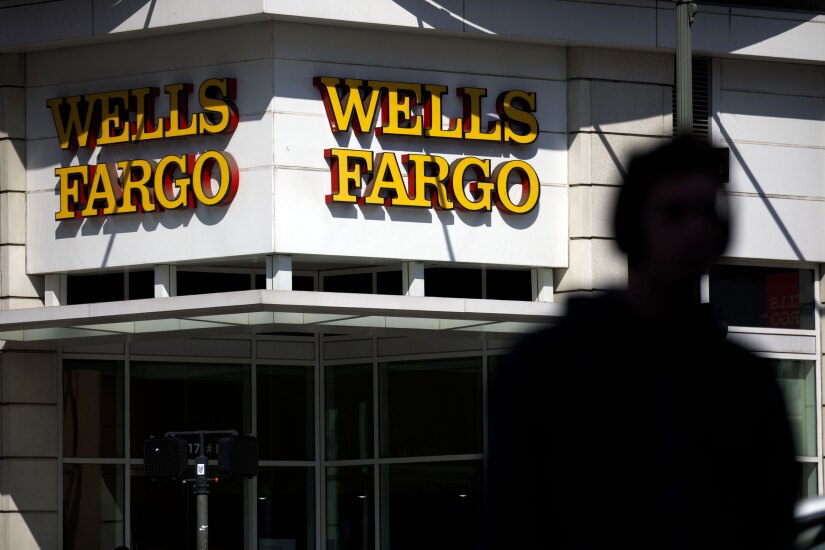Cyberattacks continue to increase across the banking industry, while fraud related to the Paycheck Protection Program also remains a key issue. At the same time, discriminatory lending practices are still prevalent and improper uses of new technology are grounds for caution.
For these reasons and more, senior executives need to pay close attention to a wide range of significant challenges and critical developments.
Here are eight of the biggest issues banks need to manage.













